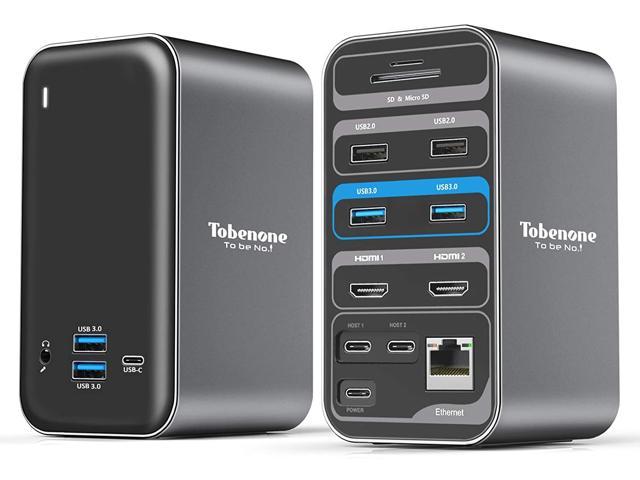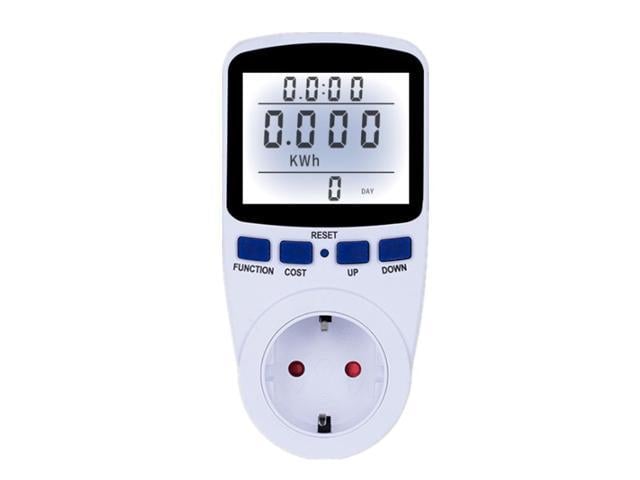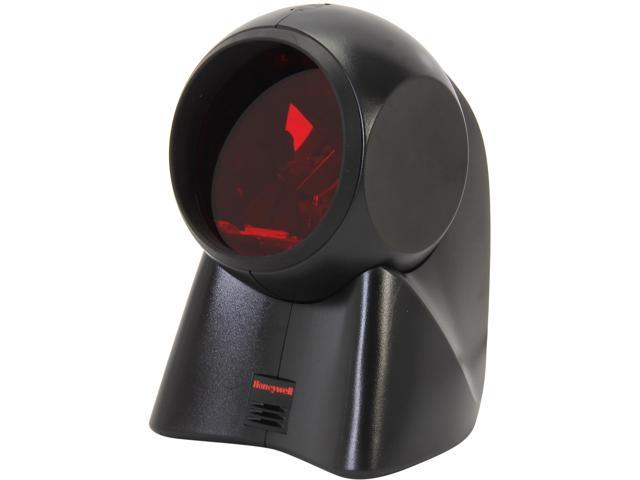Dense nonaqueous phase liquids (DNAPLs) are a pervasive and persistent category of groundwater contamination. In an effort to better understand their unique subsurface behavior, a controlled and carefully monitored injection of PCE (perchloroethylene), a typical DNAPL, was performed in conjunction with the University of Waterloo at Canadian Forces Base Borden in 1991. Of the various geophysical methods used to monitor the migration of injected PCE, the U.S. Geological Survey collected 500-MHz ground penetrating radar (GPR) data. These data are used in determining calibration parameters for a multiphase flow simulation. GPR data were acquired over time on a fixed two-dimensional surficial grid as the DNAPL was injected into the subsurface. Emphasis is on the method of determining DNAPL saturation values from this time-lapse GPR data set. Interactive full-waveform GPR modeling of regularized field traces resolves relative dielectric permittivity versus depth profiles for pre-injection and later-time data. Modeled values are end members in recursive calculations of the Bruggeman-Hanai-Sen (BHS) mixing formula, yielding interpreted pre-injection porosity and post-injection DNAPL saturation values. The resulting interpreted physical properties of porosity and DNAPL saturation of the Borden test cell, defined on a grid spacing of 50 cm with 1-cm depth resolution, are used as observations for calibration of a 3-D multiphase flow simulation. Calculated values of DNAPL saturation in the subsurface at 14 and 22 hours after the start of injection, from both the GPR and the multiphase flow modeling, are interpolated volumetrically and presented for visual comparison.















